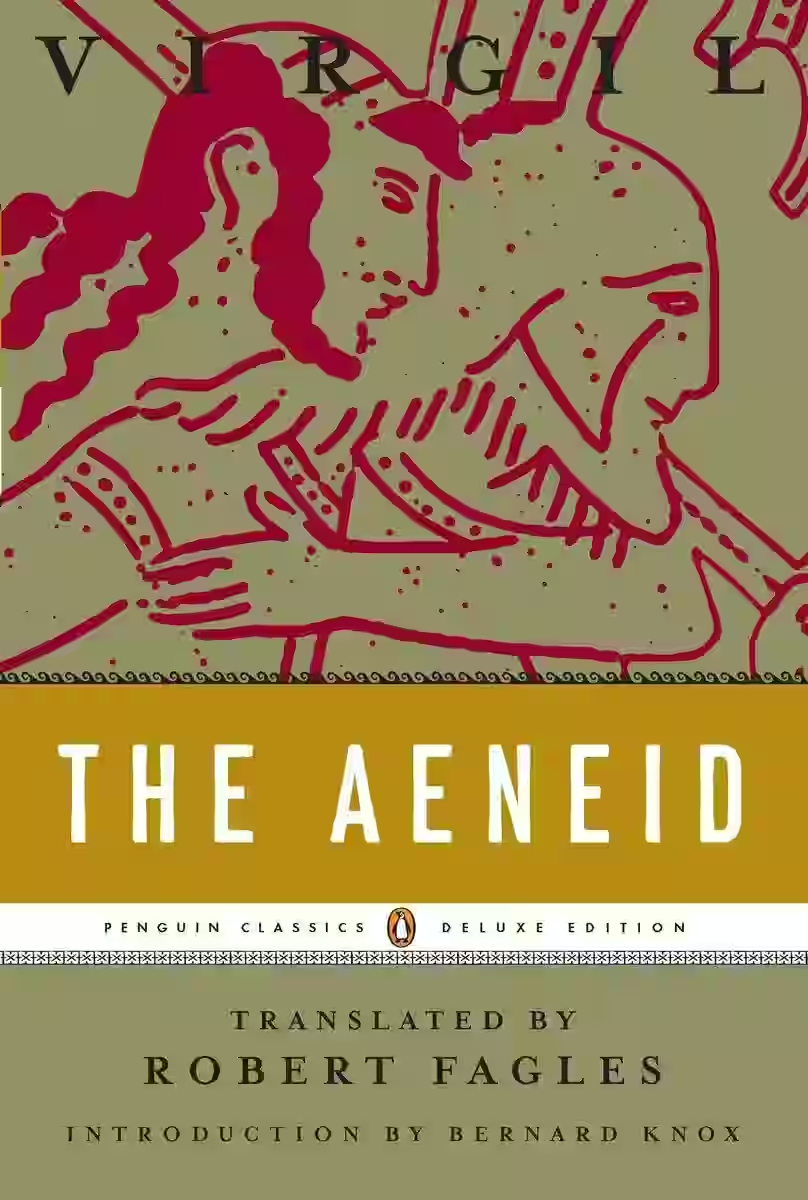
The Aeneid
by Virgil
This Latin epic tells the story of Aeneas, a Trojan hero fated to found Rome. Blending myth, history, and divine intervention, The Aeneid traces his perilous journey from the ruins of Troy to the Italian shores. Commissioned by Augustus, it serves as a foundational text for Roman identity and imperial destiny. With themes of duty, sacrifice, and legacy, Virgil’s poem echoes Homer while forging its own powerful path through literary history.
About Virgil
(Publius Vergilius Maro) An ancient Roman poet, considered one of the greatest poets in Latin literature. His epic poem, The Aeneid, tells the story of Aeneas, a Trojan hero who journeys to Italy and becomes the ancestor of the Romans. Virgil's work served as a national epic for Rome, celebrating its origins, virtues, and imperial destiny, while also exploring themes of fate, duty, and human suffering, profoundly influencing Western literature.
Similar Books
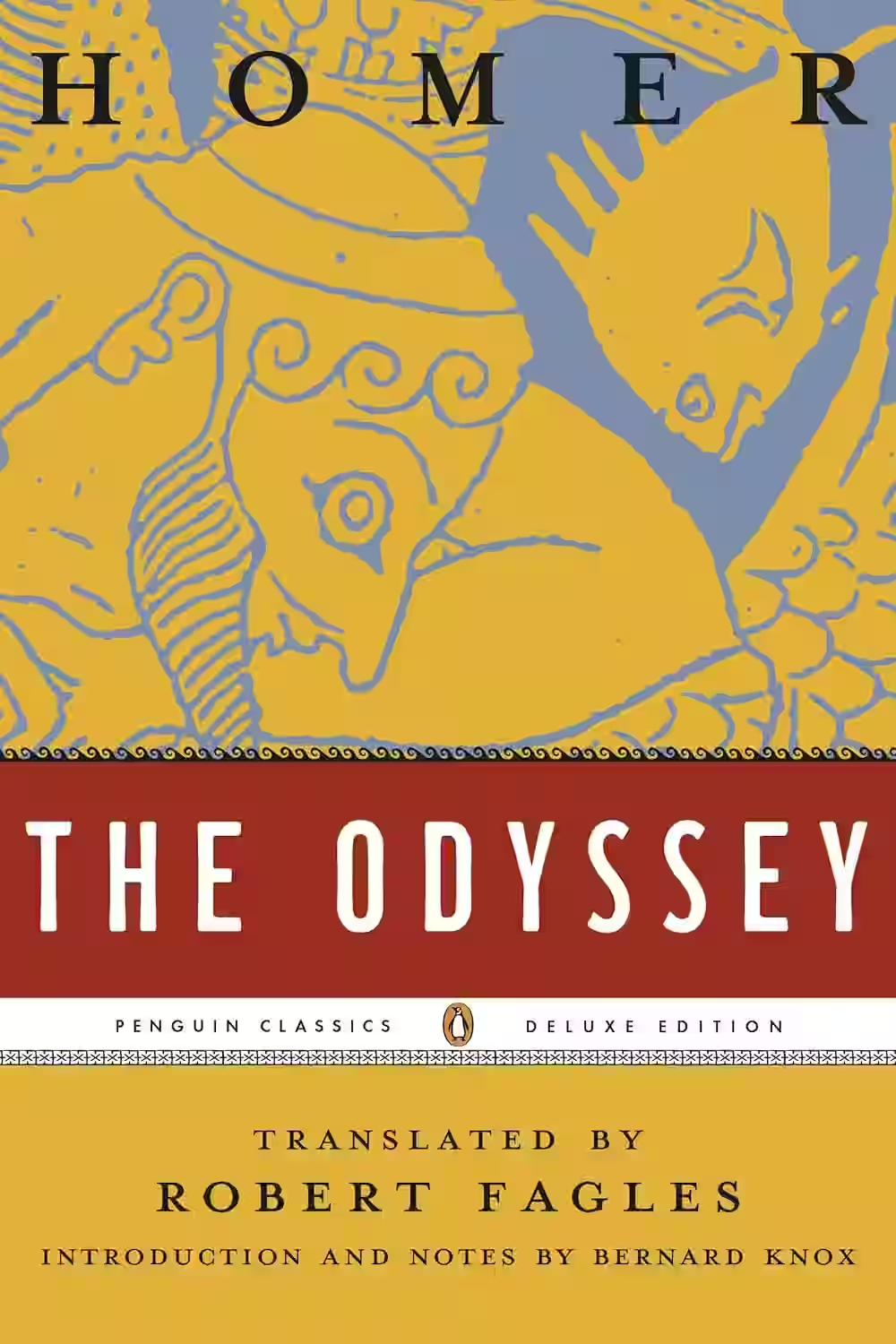
The Odyssey
by Homer
Attributed to Homer, The Odyssey is one of the oldest and most influential works of Western literature. It follows the Greek hero Odysseus as he journeys home from the Trojan War, facing monsters, gods, and temptations along the way. Beyond the adventure, the epic explores themes of perseverance, cunning, loyalty, and the longing for home. Through its episodic structure and poetic language, it has shaped storytelling for millennia and remains a foundational text in the study of myth and heroism.
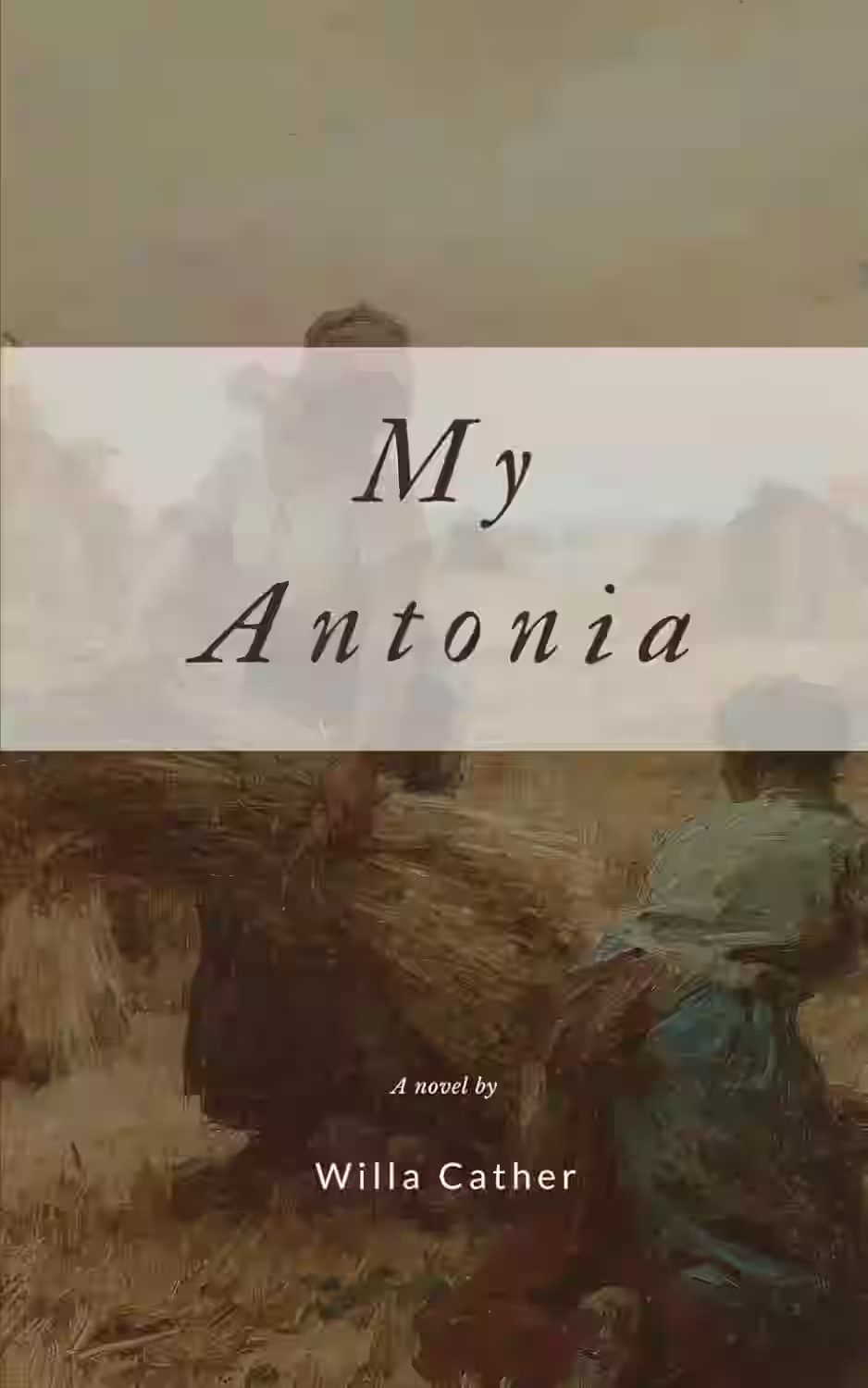
My Antonia
by Willa Cather
Told through the eyes of Jim Burden, My Ántonia recounts the life of Ántonia Shimerda, a spirited immigrant girl on the Nebraska frontier. Through vivid landscapes and deep characterizations, Cather celebrates pioneer life, hard work, and memory. The novel is a nostalgic tribute to the resilience of early settlers and the bond between people and place, filled with poetic prose and quiet power.
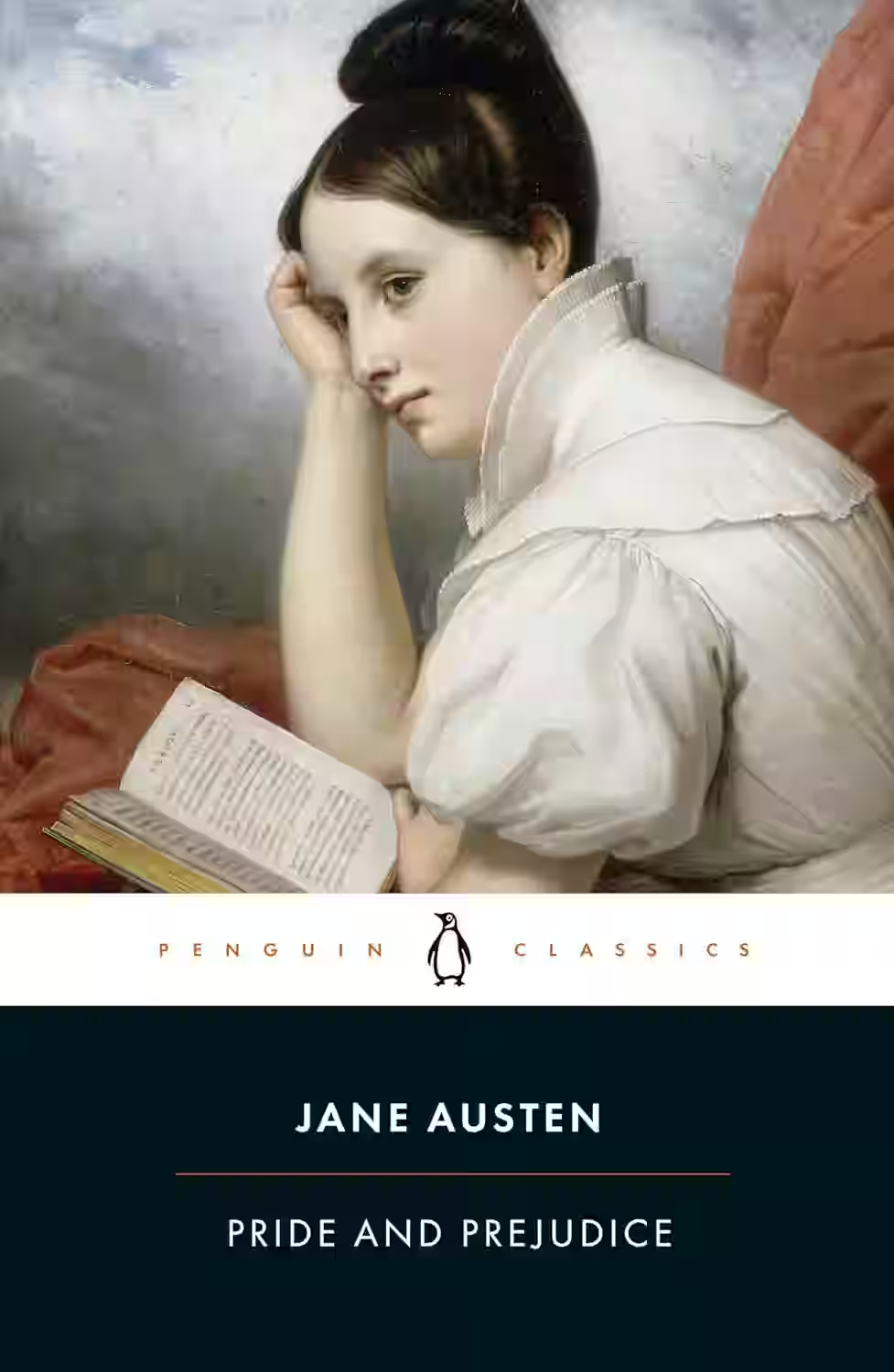
Pride and Prejudice
by Jane Austen
This beloved classic follows the spirited Elizabeth Bennet as she navigates love, marriage, and social status in Georgian-era England. When the wealthy and proud Mr. Darcy enters her life, their mutual prejudices create a complex dance of misunderstanding and growth. Through razor-sharp wit and social commentary, Austen crafts a timeless romance while critiquing class, marriage, and gender roles in 19th-century society.
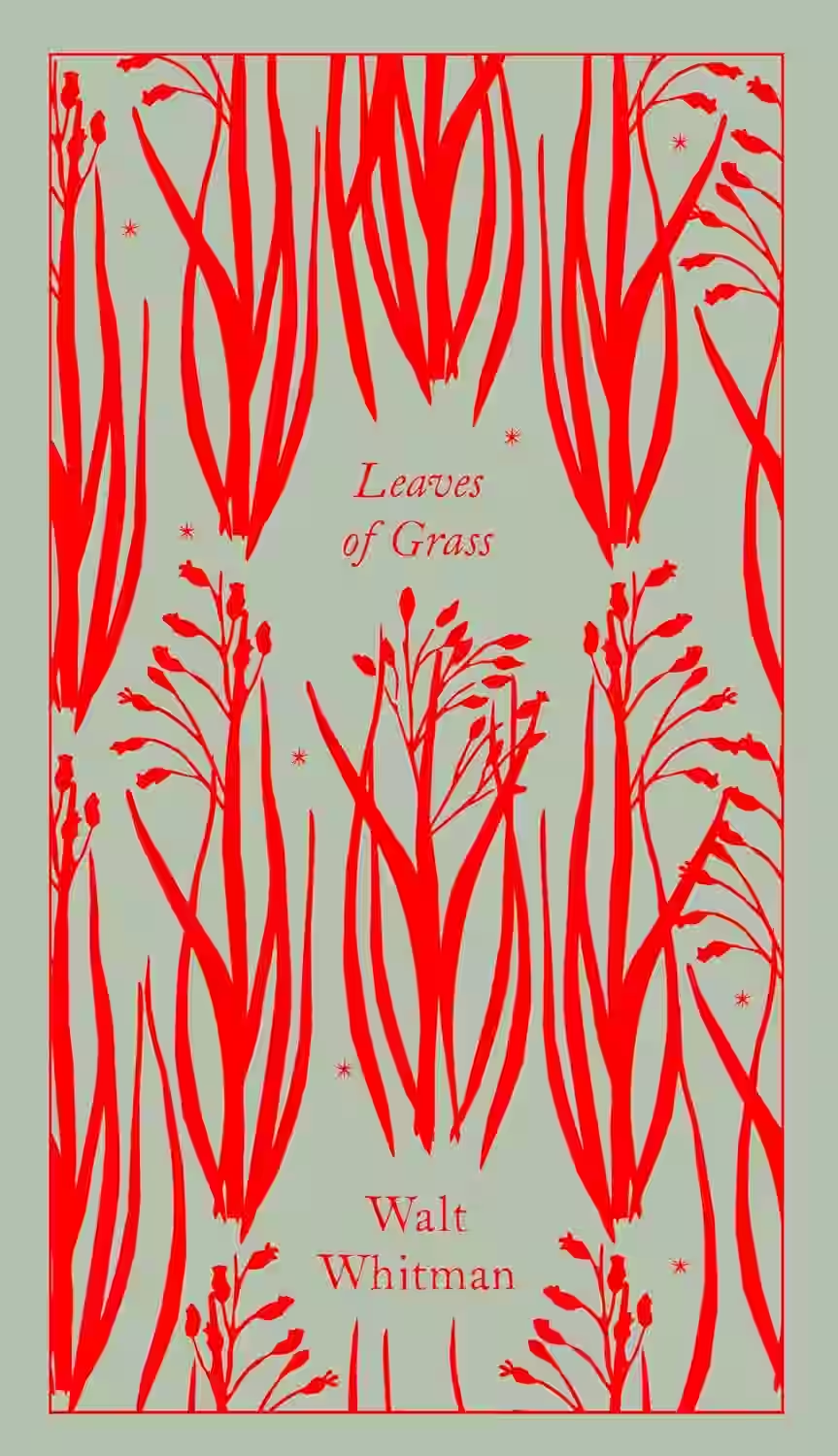
Leaves of Grass
by Walt Whitman
Leaves of Grass is Walt Whitman’s life work: a revolutionary poetry collection celebrating individuality, nature, democracy, and the human spirit. With free verse and vivid imagery, Whitman captures the vitality of 19th-century America and the transcendence of the self. Constantly revised over his lifetime, it includes iconic poems like “Song of Myself.” It’s a lyrical, sensual, and philosophical exploration of being, unbound by traditional poetic form.